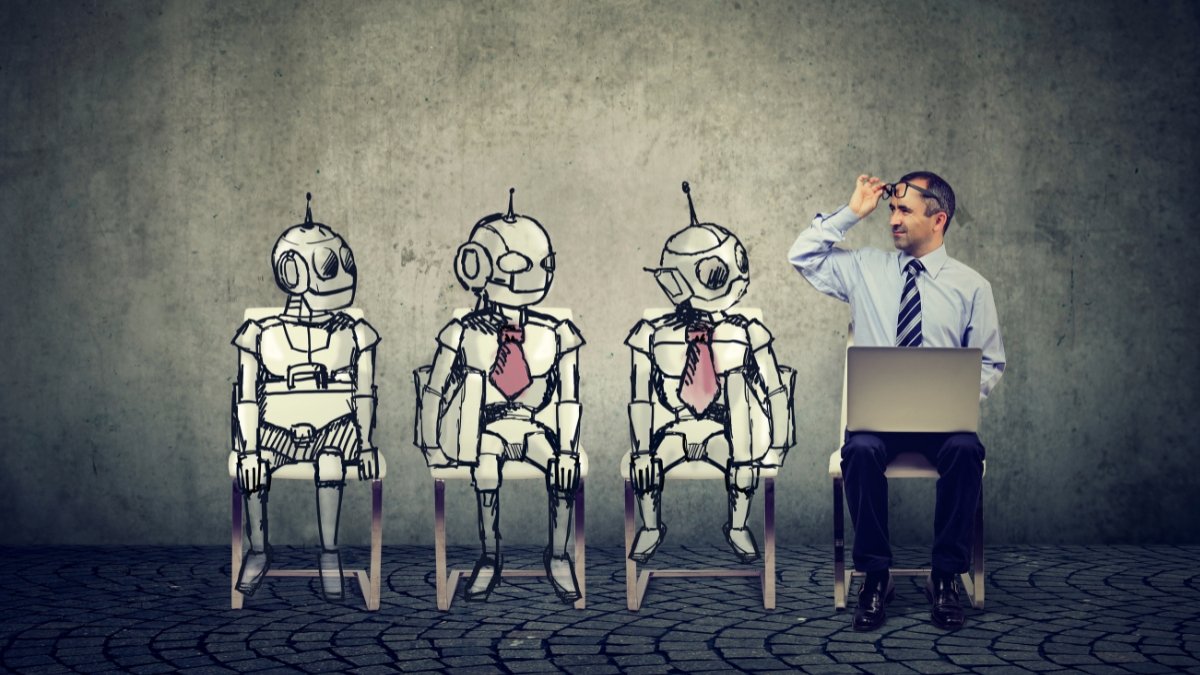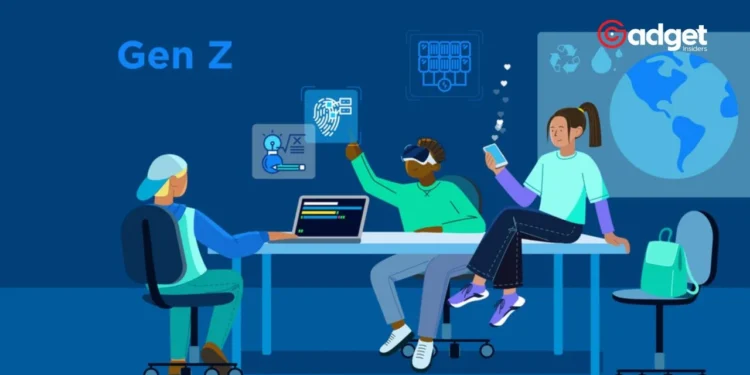As we delve deeper into the 21st century, the integration of artificial intelligence (AI) into various sectors of the economy is not just imminent; it’s already underway. A recent study conducted by Intelligent.com, a leading workplace resource platform, underscores a trend that is stirring significant concern among the workforce, particularly among Gen Z employees.
The findings reveal a stark reality: a considerable portion of these young workers, who have only recently secured their positions, are now facing potential layoffs due to the accelerating adoption of artificial intelligence in the workplace.

The Artificial Intelligence Impact: An In-depth Analysis
According to the study, which involved feedback from 800 hiring managers across the United States, an overwhelming 78% confirmed that their organizations are contemplating layoffs directly influenced by advancements in AI technology.
Despite the enormity of this percentage, it’s crucial to note that not all companies are planning extensive cuts. Only 22 hiring managers were reassured that their recently graduated employees would remain unaffected by the forthcoming AI-driven restructuring.
A survey by Intelligent reveals a concerning trend: many Gen Z workers face layoffs as companies adopt AI for entry-level tasks.
For more details, visit my trench. pic.twitter.com/hiS2ibYuTe
— WhiteAfricanSpaceJesus 🥷 (@zespacejesus) April 25, 2024
Huy Nguyen, the Chief Education and Career Development Advisor at Intelligent.com, shed light on the predicament faced by Gen Z workers. “Many recent graduates are hired to fill entry-level roles that involve information-related tasks such as research, data entry, customer service, and general office assistance.
While these positions provide essential experience for newcomers in the workforce, they are also the ones most susceptible to being replaced by artificial intelligence,” Nguyen explained.

The study further highlighted that 11 of the companies surveyed anticipate reducing their workforce of newly graduated employees by 15 to 30 percent.
This statistic not only reflects the significant impact of artificial intelligence on job security but also paints a grim picture of the future job market for young professionals.
Navigating the AI Transition: Strategies for Gen Z
The implications of these findings are profound, urging both individuals and organizations to rethink their approach to employment and skill development.
For Gen Z entering the job market, the emphasis on acquiring AI-proof skills that transcend basic informational tasks is becoming more crucial than ever.
Moreover, companies need to consider the long-term benefits of human capital and the unique value that young, creative minds bring to the table, beyond what artificial intelligence can replicate.

As the landscape of work shifts beneath our feet, the narrative isn’t just about the displacement of jobs but also about the transformation of job roles and the creation of new opportunities. It’s an evolving story of adaptation, learning, and strategic planning that will determine how both individuals and companies will thrive in an AI-dominated future.
As we stand on the brink of this technological revolution, it becomes imperative for the workforce, especially the younger generation, to brace for change and arm themselves with skills and knowledge that are not only relevant but also resilient in the face of artificial intelligence.
For employers, the challenge will be to balance technological integration with ethical considerations about the workforce, ensuring a future that harnesses the benefits of AI while fostering an inclusive, equitable job market.










